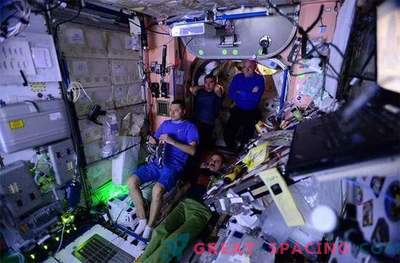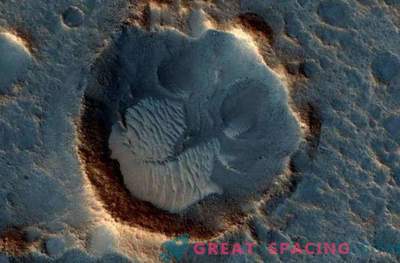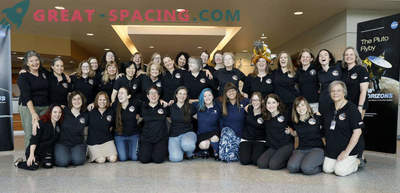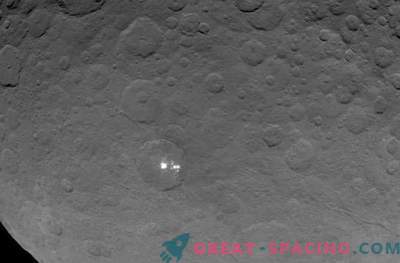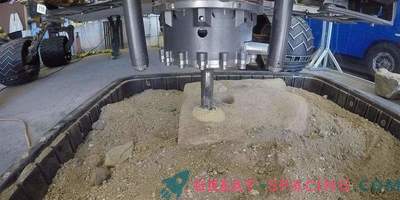
It is important to carefully monitor your health if you are at a distance of 54 million km from hospitals. Therefore, in space there is a special computer analytics platform, named Artemis (the Greek goddess of childbearing). The device is used in hospitals to test the physical stress of babies who adapt to life outside the uterus.
These monitoring methods are now used to observe how astronauts adapt to zero gravity. The astronauts' health is always monitored, but statistics, such as heart rate and temperature, are recorded manually. But Artemis is capable of receiving, analyzing and storing this information in a continuous stream.
What happens to the heart in space?
Dr. Caroline MacGregor began to develop the concept of Artemis almost 20 years ago. Her research is now focused on monitoring the health of astronauts on the ISS. If all goes well, then NASA plans to use this technology in the Martian mission 2030. Being in space is not easy even for healthy people. Various states can affect the functioning of the body and put pressure on the heart. Watching this, Artemis can take up to 1000 readings per second. The body changes due to the difference in gravity. In addition, there is a risk of exposure.
More data
Artemis will be connected to an onboard computer on a spacecraft in order to provide astronauts health statistics in real time. About 600 MB of data will be collected per day. Until the start of the Mars 2030 mission, all tests will be conducted on Earth with the participation of athletes and people suffering from chronic stress.





